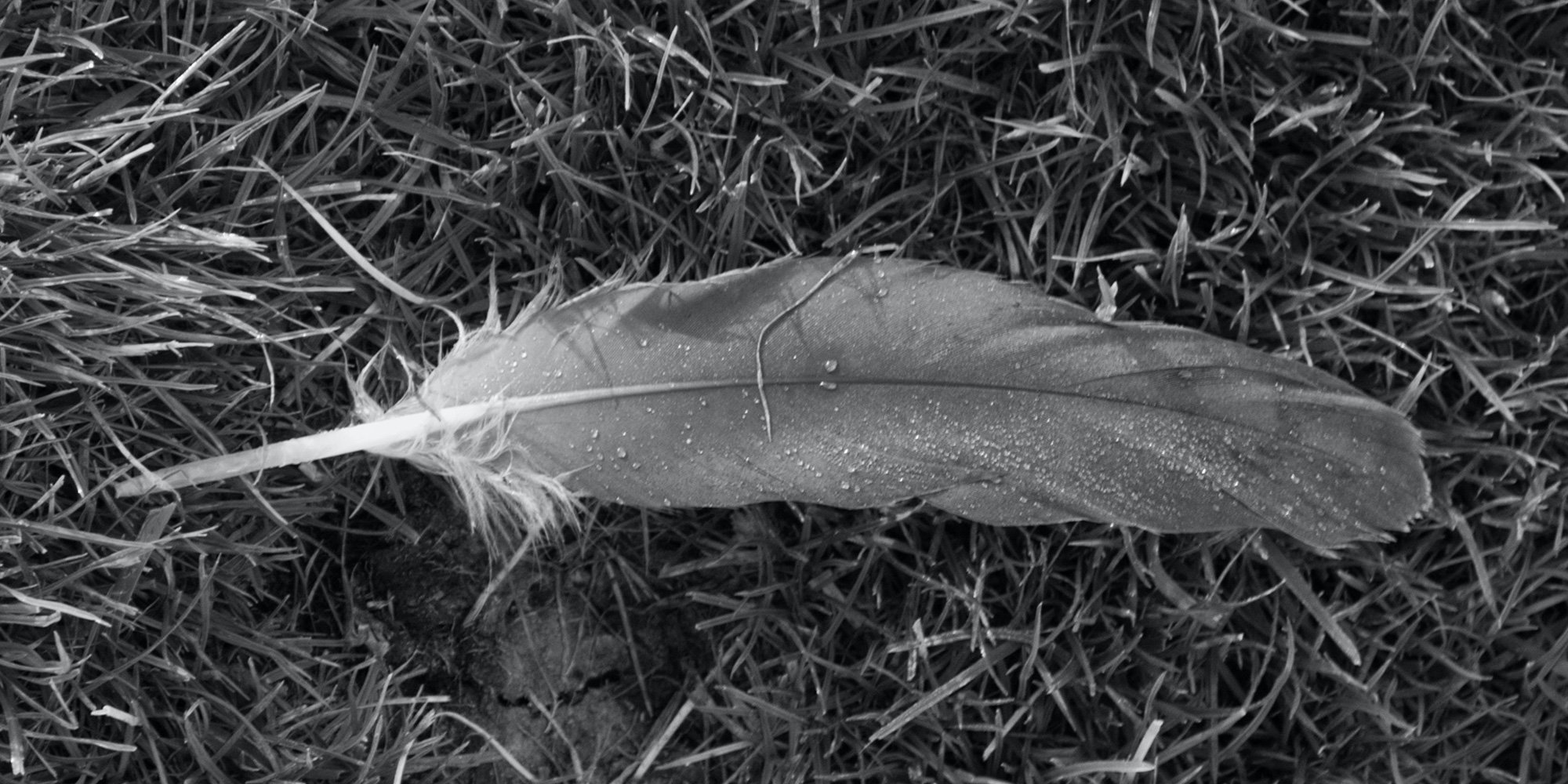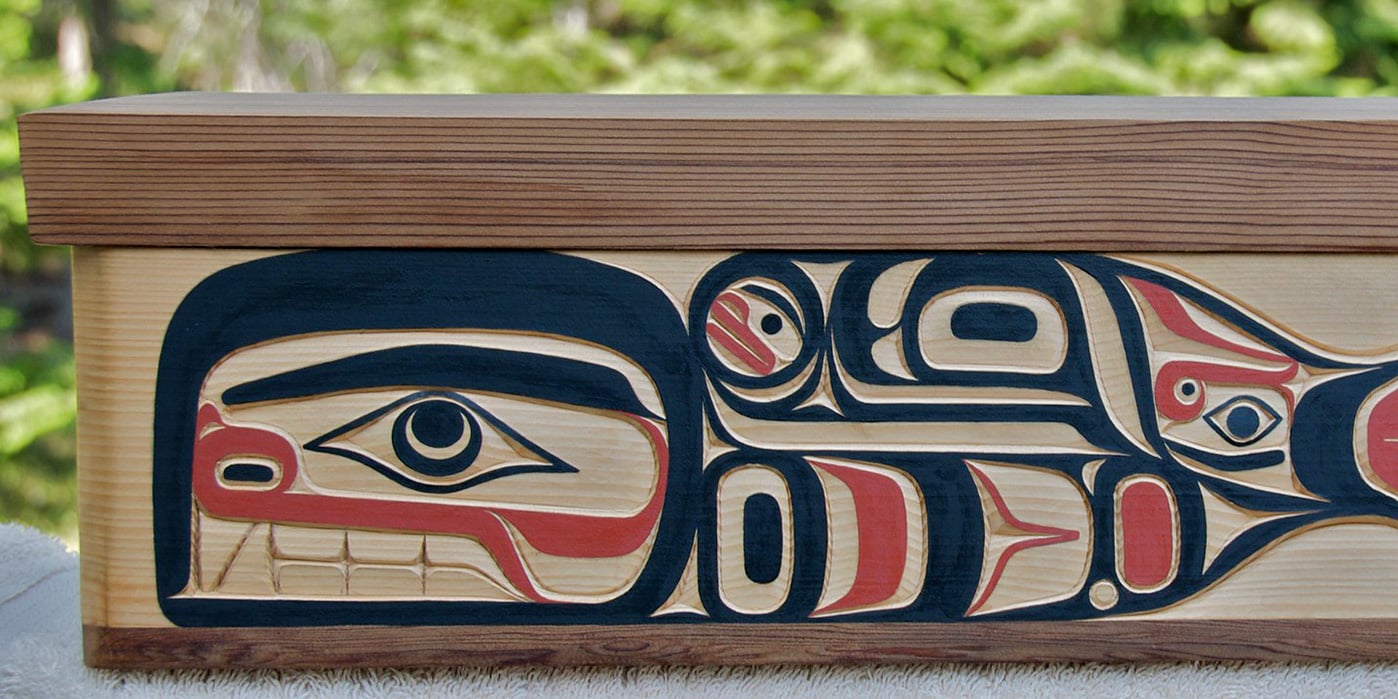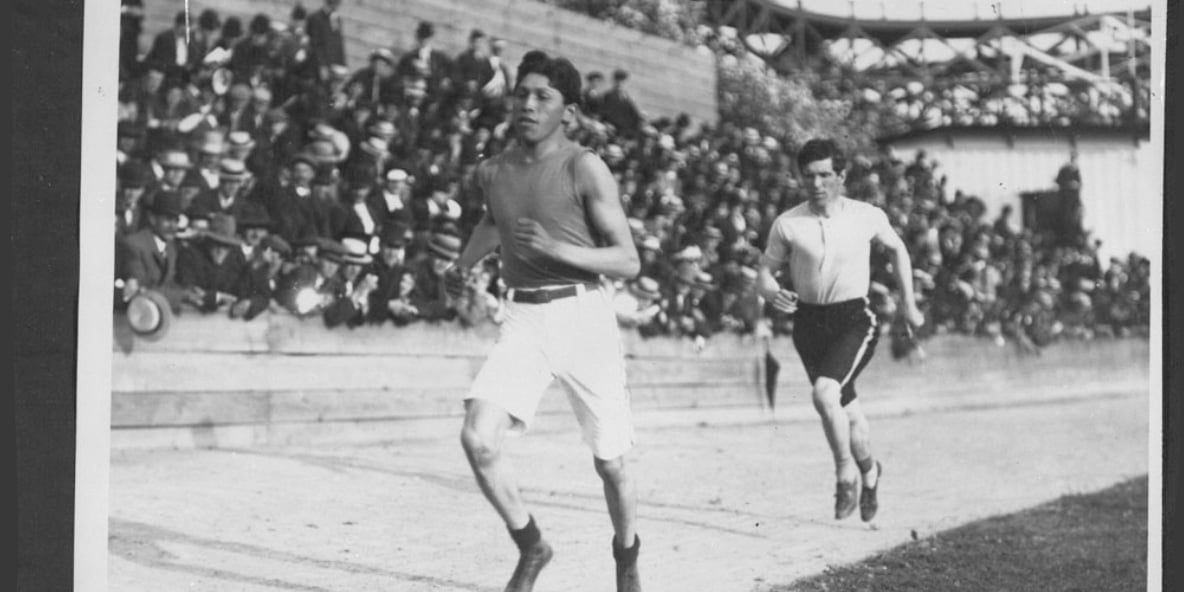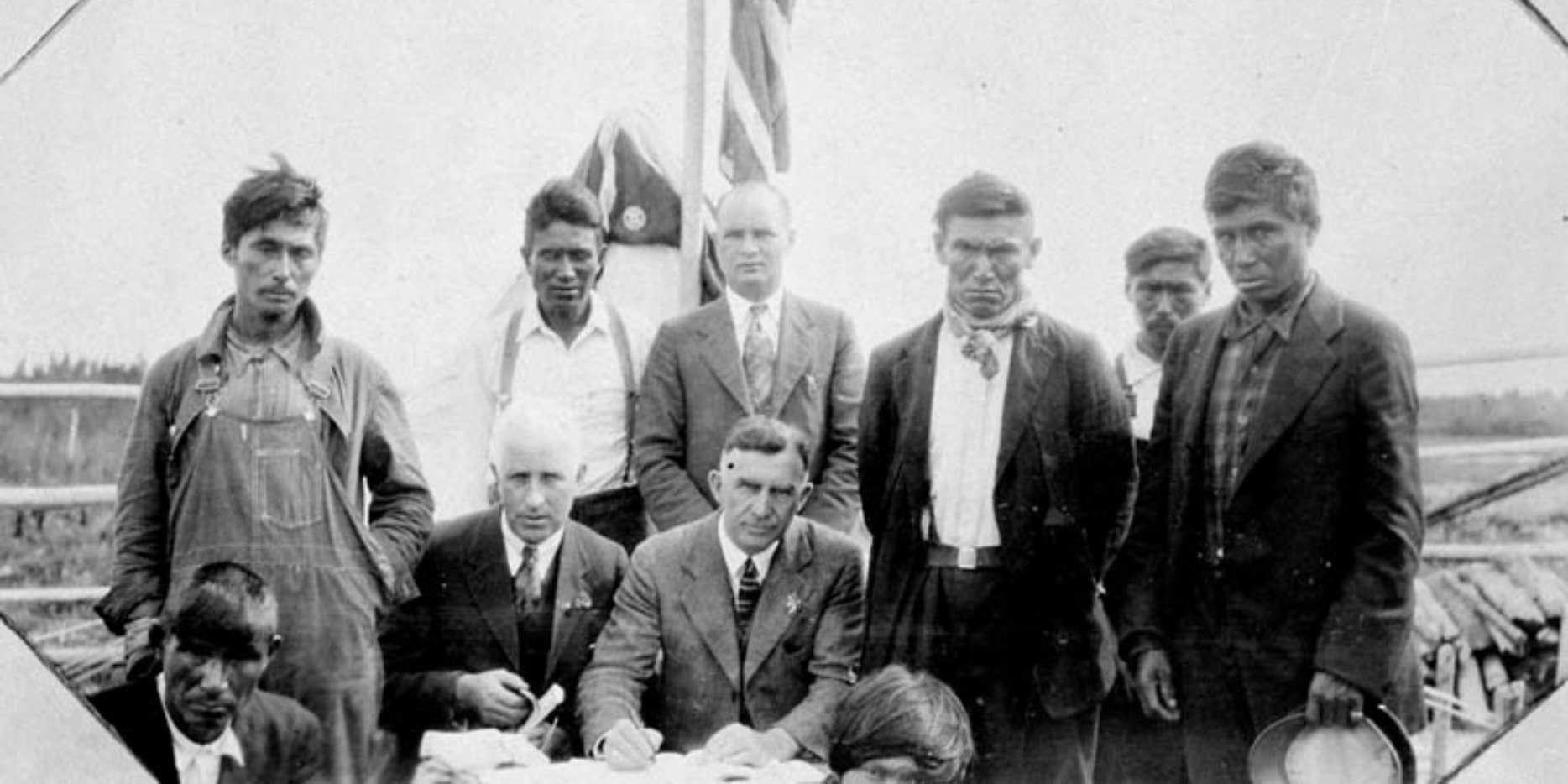A Tribute to the Late Chief Beau Dick
Chief Beau Dick, or Gigame’ ‘Walas Gwa’yam, was born on November 23, 1955, and passed away, far too soon, on March 27, 2017. He was a world-renowned...
2 min read
Admin May 21, 2013

Aboriginal people are not against the right of Quebec as a distinct society within Canada. […] Of course they are a distinct society. So are the aboriginal people.
Elijah Harper
On May 17, 2013, Elijah Harper died and left in his wake a country with one less hero, one less stalwart supporter of Aboriginal rights, and one less role model for both young and old Indigenous people.
Born at Red Sucker Lake First Nation in northern Manitoba on March 3, 1949, Elijah was removed from his family as a young child and placed in the residential school system. When he returned to his community as an adult, perhaps because of or in spite of his experiences as a child in residential school, he was resolved to enact change for First Nations. When he was just 29, he was elected chief of Red Sucker Lake First Nation - the first of many notable achievements.
Elijah Harper was elected to the Manitoba legislature in 1981 - becoming the first status Indian to be so - and served until 1992. He was Minister of Native Affairs in the NDP cabinet of former Premier Howard Pawley during that time. He resigned in 1992 but joined the Liberal Party in early 1993. While his political affiliation changed, his determination to represent Indigenous people in parliament did not.
It was his actions during the federal government’s attempt in 1990 to enact the Meech Lake Accord, crafted to secure Quebec’s signature on the Constitution, that thrust this quiet man into the history books. In order for the Accord to be ratified, it required a province-by-province agreement. Manitoba MLAs were asked to waive a two-day waiting period in order to speed up approval of the resolution. MLA Harper, frustrated by the fact that Indigenous issues were not included in the Accord discussions, refused to allow rules to be waived. The goose-bump-inducing image of that historic moment is of Elijah Harper, eagle feather in hand, steadfastly and quietly, saying “No” repeatedly until the deadline for signing had passed, thereby killing the Meech Lake Accord. Following his actions, he is quoted as saying “I stalled and killed it because I didn’t think it offered anything to the Aboriginal people”. His resolute stance, in the face of enormous pressure, is considered a turning point for Indigenous people in Canada.
The Canadian Press voted him Newsmaker of the Year in 1990 for his actions; he received the Stanley Knowles Humanitarian Award in 1991, and a National Aboriginal Achievement Award in 1996. Of all the accolades and honours, the one that held the greatest significance to Elijah Harper was being named honorary chief for life of Red Sucker First Nation.
After Harper resigned from politics he devoted himself to bringing together Aboriginal and non-Aboriginal peoples in Canada together to find a spiritual basis for healing and understanding.
Elijah Harper’s body was held in state in the Manitoba legislature, the casket draped with the provincial flag with an eagle feather headdress on top, and hundreds of mourners, both young and old, paid their respects. A separate burial service was held later in his community of Red Sucker Lake.
Featured photo: Shutterstock

Chief Beau Dick, or Gigame’ ‘Walas Gwa’yam, was born on November 23, 1955, and passed away, far too soon, on March 27, 2017. He was a world-renowned...

To celebrate National Indigenous Peoples Day on June 21 we have compiled a list of 21+ important Indigenous people from all walks of life. It is a...

We have received requests to provide a description of the difference between historic and modern treaties. This article attempts to answer the...